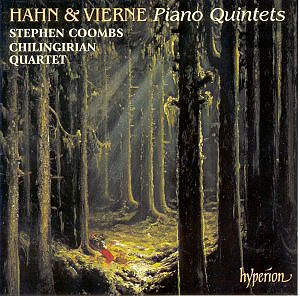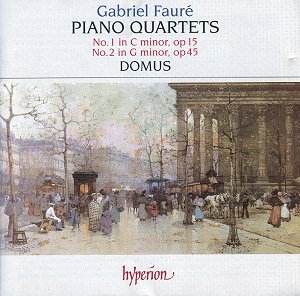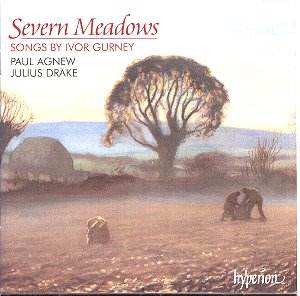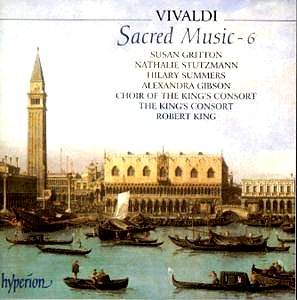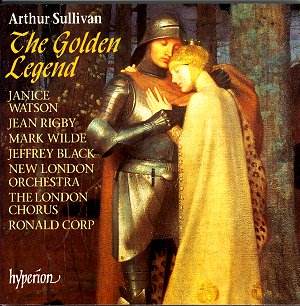
Composer: Arthur Sullivan (1842-1900)
Work: The Golden Legend – cantata
Performers: Janice Watson (soprano), Jean Rigby (mezzo-soprano), Mark Wilde (tenor), Jeffrey Black (baritone), Jonathan Brown (tenor), London Chorus, New London Symphony Orchestra, conducted by Ronald Corp
Recording Date: February 2001
Label: Hyperion CDA67280
Duration: 94:47
Arthur Sullivan’s The Golden Legend is a significant yet often overshadowed work in the choral canon, deriving its narrative from Longfellow’s poetic drama. This recording, conducted by Ronald Corp and performed by the New London Symphony Orchestra and London Chorus, presents a vibrant and compelling interpretation of a piece that deftly intertwines sacred narrative with theatrical urgency, reflecting Sullivan’s adeptness at marrying choral and orchestral forces.
A brief historical context is essential to appreciate this work fully. Sullivan, who had early exposure to choral music as a parish chorister and later at the Royal Academy of Music, crafted The Golden Legend in 1886 for the Leeds Festival. At a time when Sullivan’s operettas were gaining popularity, this cantata marked a return to more serious musical endeavors, showcasing his mastery of large-scale vocal forms, akin to the oratorios of his German predecessors. Sullivan’s study at Leipzig exposed him to the works of the likes of Mendelssohn and Bach, and one can discern their influence throughout the score, particularly in the cantata’s grand orchestration and choral textures.
The work commences with a remarkable prologue, characterized by the ethereal pealing of bells that heralds an impending storm—an effective juxtaposition that Sullivan employs to set a dramatic tone. The orchestral strings surge in a tempestuous manner, intermingling with ethereal choral passages that evoke a Wagnerian sensibility. Corp’s conducting captures this dichotomy beautifully, allowing the contrasting forces of serenity and turmoil to unfold with palpable tension. The transition into the stirring hymn that follows is particularly striking, illustrating the thematic duality of good versus evil that permeates the narrative.
Notably, Sullivan’s decision to limit choral involvement, opting instead for a more theatrical approach focused on soloists, is a defining characteristic of this work. The choirs’ role, while significant, is judiciously managed, as evidenced in Scene 3, where the anticipated choral contribution is exchanged for a poignant solo from Prince Henry, underscoring Sullivan’s dramatic instincts. This particular choice, while potentially controversial, serves to highlight the intimate struggles of the characters against the backdrop of broader themes, a technique Sullivan deftly employs throughout the cantata.
The performances in this recording are noteworthy. Janice Watson’s portrayal of Elsie is both youthful and fervently expressive, capturing the character’s devotion and sacrifice with crystalline clarity. Mark Wilde as Prince Henry possesses a lyrical tenor that complements Watson’s soprano beautifully, particularly in the romantic duet “Sweet is the air,” which emerges as a highlight of the recording. The interplay between soloists is vibrant, with Jeffrey Black’s resonant baritone lending a menacing gravitas to Lucifer, particularly during the fugue that accompanies his entrance as a jolly physician.
Corp’s direction brings out the orchestral colors with remarkable finesse, particularly in the interlude to “It is the Sea,” where a haunting flute passage against the tumultuous orchestral backdrop evokes the sublime and foreboding—a moment that resonates with the evocative sea interludes of Britten. The transparency of the orchestral texture is commendable, allowing the delicate interplay of strings and woodwinds to shine through, further enhancing the emotional landscape Sullivan so meticulously crafted.
Comparatively, previous recordings, such as the 1986 Leeds Centenary broadcast under Charles Mackerras, faltered due to mismatched vocal casting and a lack of cohesive dramatic flow. In stark contrast, this Hyperion offering stands as a benchmark for how The Golden Legend can and should be performed. The spirit and energy brought forth by the New London Chorus and Orchestra are infectious, showcasing an ensemble that is responsive to the nuances of Sullivan’s score.
The recording quality itself is superb, with a well-balanced mix that allows individual lines to emerge distinctly yet harmoniously within the orchestral fabric. The engineering captures the warmth and detail of the performance, inviting listeners into the rich sonic world Sullivan envisioned.
In conclusion, this recording of The Golden Legend is not merely a revival of a neglected work but a celebration of Sullivan’s capabilities as a composer of serious choral music. With Ronald Corp at the helm, the New London Symphony Orchestra and Chorus deliver a performance that is both reverent and invigorating, breathing new life into a masterpiece that deserves its place alongside the great choral works of the 19th century. Hyperion’s commitment to preserving and promoting such repertoire is commendable, and this release is a testament to Sullivan’s enduring legacy as a composer who successfully navigated the dual realms of popular entertainment and profound artistic expression.
